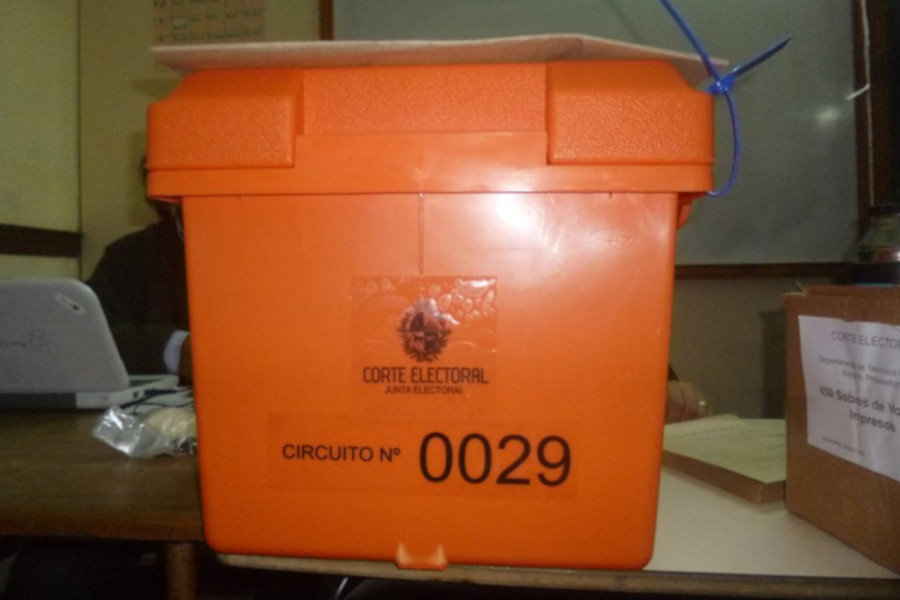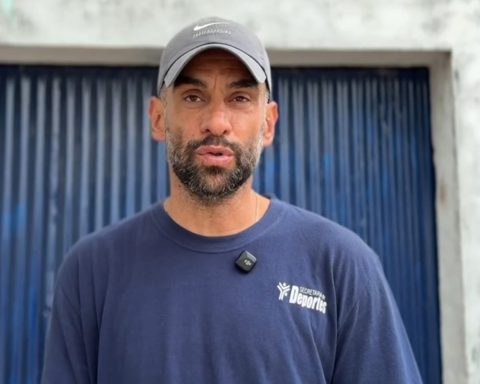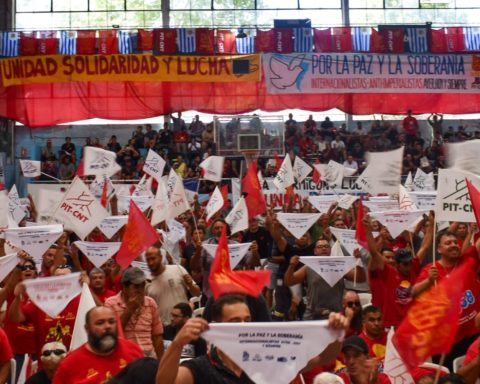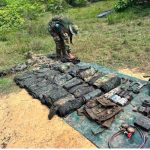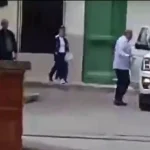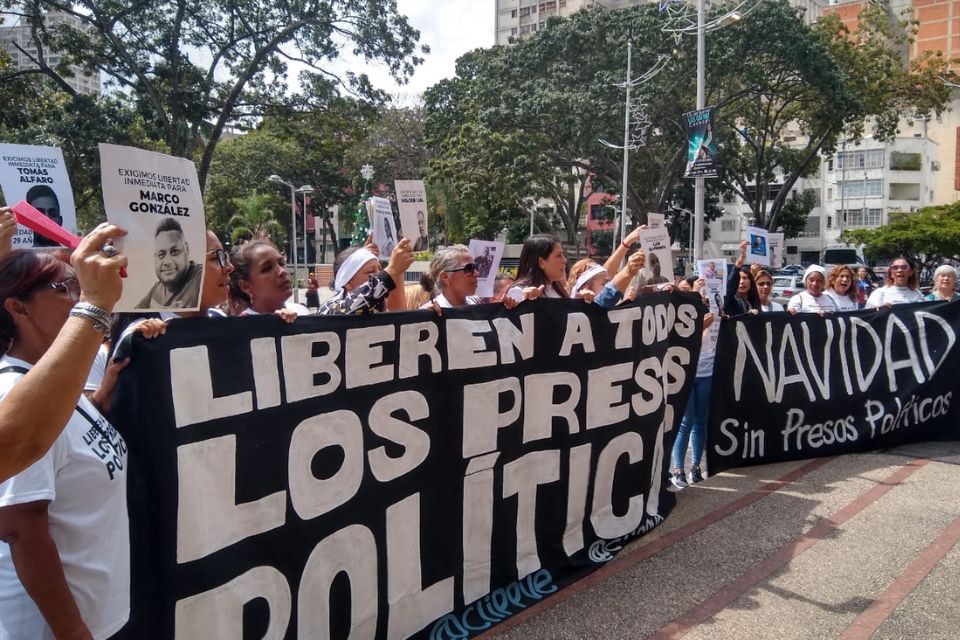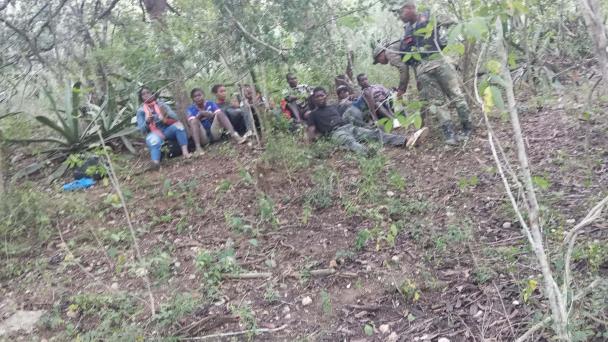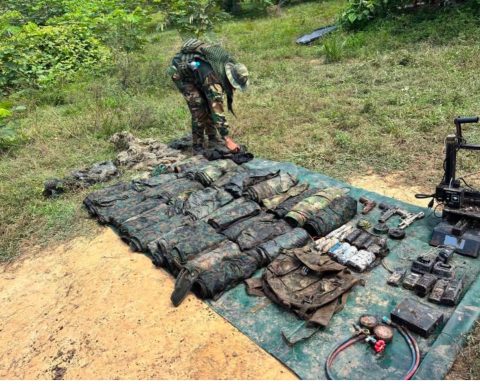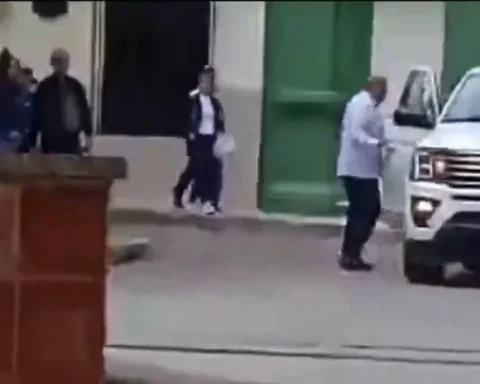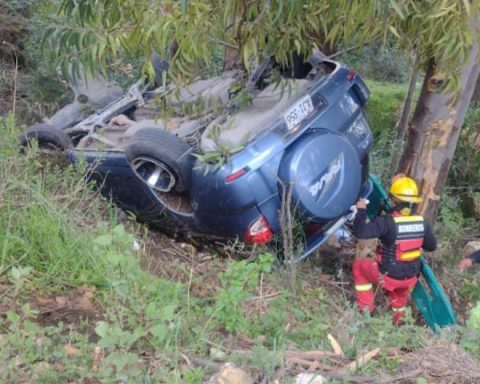This Sunday, November 24, Uruguayans will go to the polls to define who will be the president and vice president of the Republic for the period 2025 – 2030.
One option is the white formula formed by Alvaro Delgado – Valeria Ripoll who obtained 26.70 percent of the votes in the elections on October 27, which aspires to have all the votes of the so-called Republican Coalition that the leaders adhere to. of the Colorado Party (16.08 percent of the votes on October 27), Cabildo Abierto (2.50 percent) and the Independent Party (1.70 percent of the votes on October 27 October).
On the other hand, there is the Broad Front formula formed by Yamandú Orsi – Carolina Cosse, which in the last elections on October 27 obtained 44 percent of the votes, and which aspires to achieve the presidency of the country for the fourth time in its history. history.
Sunday, November 24
The tables open at 8 a.m. and will close at 7 p.m. Below, based on information from the Electoral Court, we provide details of what is chosen, how and where it is voted, fines and justifications.
The vote
Voting is mandatory for all those eligible. There is no age limit.
All persons registered in the National Civic Registry who are eighteen years of age on the date of the National Elections, who are qualified to vote and who have appeared on the list of qualified voters for said election, may vote.
Where to vote
In the circuit according to your credential series and number or by name and date of birth.
Urban and rural circuits
Voters must always belong to the circuit
While in the rural circuits those voters who do not belong to the circuit may vote, as long as their civic registration corresponds to a rural constituency of the department and they display their civic credential. In this case, people will vote as simple observers. (See also Accessible circuits).
Accessible circuits
Those who are in a situation of permanent or temporary motor disability, and are required to vote in a location or Vote Receiving Commission that does not have accessibility conditions, may vote before a circuit declared accessible that is within the series that corresponds to them, as long as they display their civic credentials.
In this case, the vote will be taken as a simple observed vote and the voter must sign the identification sheet as a sworn declaration.
You can check which circuits are accessible in the circuit plans for download
Observed votes will not be accepted because they are outside the department.
How to vote
The vote will be carried out in order of arrival in the electoral circuits where Vote Receiving Commissions composed of three members will operate: president, secretary and member. There will also be a facilitating official, whom the voter can approach if they need assistance.
The civic credential is the only valid document to vote. Those who do not have the physical document may renew it (See also Voters who do not present the credential).
Voters who do not present the credential
They must attend the circuit to which they belong and indicate their name and surname and the series and number of their credential.
People who vote in these circumstances must necessarily appear on the registry or in the electoral register.
Disabled voters
Those who find themselves in this situation may be accompanied to the secret room by a person they trust or a member of the Vote Receiving Commission, if they wish.
Voting sheets
The Vote Receiving Commissions will place in the secret rooms the voting sheets sent in a timely manner to the Electoral Boards by the presidential formulas.
The availability of voting sheets in the secret rooms will be the responsibility of the delegates representing the presidential candidates. They will be in charge of supplying the circuits with leaves during election day.
In the event that the voter does not find the sheet they want, they may leave without voting and return at another time.
Proof of vote
As it is a mandatory election, a certificate of voting will be given to each voter. It is recommended that you review the information contained therein before leaving.
Eventually, the download of the voting certificates will be available on the Electoral Court website.
Justifications for not casting a vote
Those who are qualified and do not attend to vote may justify it for the following reasons: suffering from illness, disability or physical incapacity, being absent from the country on the day of the event or for reasons of force majeure.
Justifications for not casting a vote, both for the National Elections of 10/27 and for the Runoff, can be made from 11/26 to 12/26.
In the case of people who did not vote because they were outside the country on the day of the event, the period to make the justification will be 30 days from their entry into Uruguay.
The justifications will be made through a form that will be available on this website or in person before the Departmental Electoral Board of the department of residence.
Payment of fines
Persons authorized to vote who have not paid for or justified their omission must pay the fine.
-Cost of the fine: $1,740 (Uruguayan pesos one thousand seven hundred and forty).
-Cost of the fine for public officials or professionals with titles issued by the
University of the Republic: $3,480 (Uruguayan pesos three thousand four hundred and eighty).
Payment of fines can be processed through a form that will be available on the Electoral Court website.
There is no deadline to complete the process and a fine must be paid for each election in which a vote is not taken.
